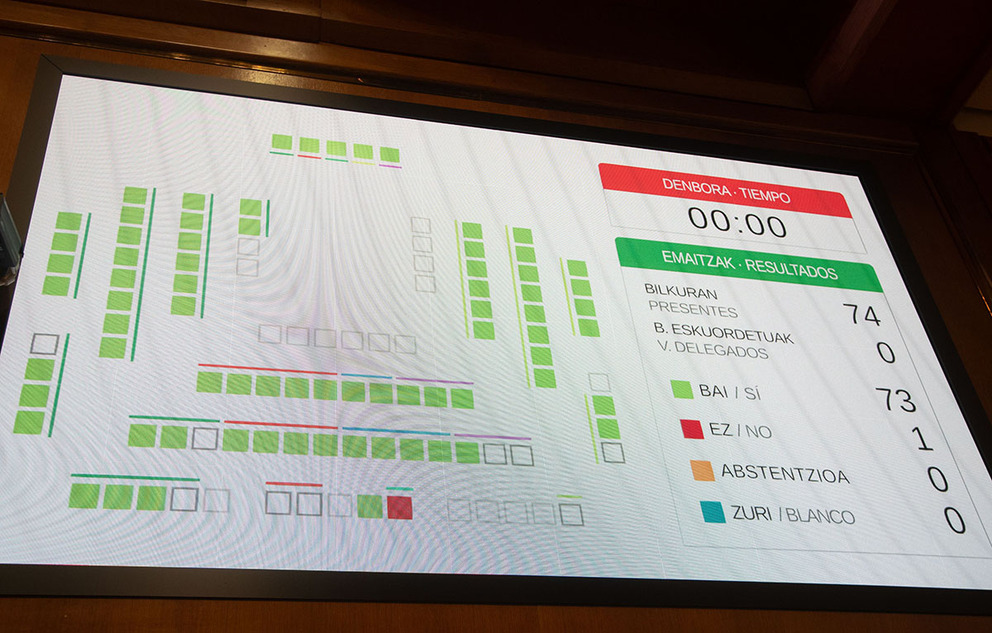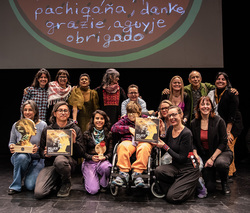
The new Law on Cooperation and Solidarity brings advances in inter institutional coordination and policy coherence
On 29 February, Law 3/2024, of 15 February, on Cooperation and Solidarity, was published in the Official Gazette of the Basque Country. Its aim is to establish and regulate the legal regime for the policies on cooperation and solidarity of the Basque public administrations. It was broadly supported by the political parties PNV, PSE-EE, EH Bildu, Elkarrekin Podemos-IU and PP.
The law gives greater political and social importance to international cooperation initiatives in the Basque Country, recognising the track record and fundamental role of Basque NGDOs as the driving force behind these policies. It also aims to provide these policies with a predictable budget, reflecting the need to move towards the objective of devoting 0.7% of the Basque Government budget to development cooperation.
Among other things, this regulation represents progress in the coordination of the different institutional levels involved in Basque public cooperation and recognises the University of the Basque Country as an agent of cooperation and solidarity.
It incorporates the human rights focus, the feminist focus, the local-global focus, the eco-social focus, the territorial-based focus and the policy coherence for sustainable development (PCSD) focus as priority focuses. Specific impetus is given to the PCSD, recognising the importance of the policies of other departments being consistent with the principles and objectives of cooperation policy.
However, a number of priority issues have not been given sufficient visibility. The impacts of the policies, economic structures, behaviour and values of our societies are also at the root of unsustainability, injustice and inequalities, both local and global. Therefore, a more explicit commitment to education for social transformation would have been desirable, in order to reinforce the importance of action involving education, awareness raising and promotion of alternative values and practices in our societies to achieve the objectives of cooperation and solidarity.
Another factor of concern is the openness to the incorporation of new actors into the work of cooperation. A balance must be struck between the need to broaden the social relevance of development cooperation on the one hand, and the risk of its commodification on the other. In the coming years, it will be necessary to maintain a critical perspective so that the principles and approaches that have characterised Basque cooperation, based on disinterested solidarity, are not undermined.
The process of drafting the law, led by the Basque Government, has taken place over more than two years, and has been open to the participation of NGDOs and other civil society organisations. The Hegoa Institute has participated in these forums, together with the Basque Development NGO Coordinator, academic bodies and other agents. The process, however, does not end with the law. It is now up to the different public administrations to implement the policies. Participation, therefore, continues to be necessary in order to contribute to quality, stable Basque cooperation policies that make it possible to respond to the main local and global challenges we face.
MORE INFORMATION:
-
Law 3/2024, of 15 February, on Cooperation and Solidarity (Spanish).
- Photographs of the session of approval of the Law in the Irekia website.




